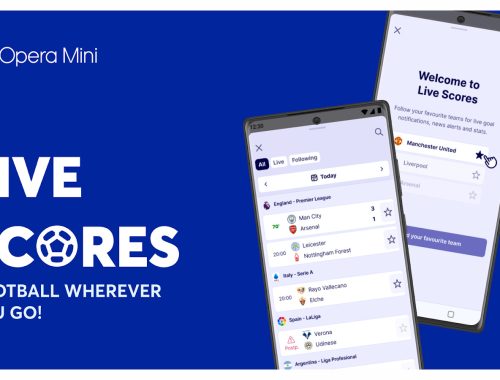
Discussing the security measures taken by betting platforms to protect user data
In the age of digital advancements, the allure of online sports betting has seen a significant rise in Nigeria. While the convenience and range of betting options are commendable, the concern for many new punters revolves around a pivotal question: “How safe is my data?” The good news is that reputable betting platforms take this concern seriously. In this article, we will dissect the layers of security measures these platforms employ to protect user data.
1. SSL Encryption: The Digital Bodyguard
Much like a personal bodyguard would protect you from harm, SSL (Secure Socket Layer) encryption acts as the frontline defense for your data. When you see ‘https’ instead of ‘http’ in the URL and a padlock icon, it means the website is using SSL.
Example: Think of SSL encryption like a coded language. If someone intercepted a letter written in this language, they wouldn’t be able to understand it unless they had the specific decoder. SSL ensures that even if data gets intercepted during transmission, it remains unreadable.
2. Two-Factor Authentication (2FA): A Double Check
2FA requires users to provide two distinct forms of identification before they can access their account. Typically, this might be a password followed by a code sent to your mobile device.
Example: Imagine your house has two doors. Even if a burglar has the key to the first door, they still can’t get in without the key to the second door. This is what 2FA does – adds an extra layer of security.
3. Regular Software Updates: Staying Ahead of the Game
Reputable betting platforms consistently update their software to patch any vulnerabilities. Cyber threats evolve, and by continually updating, these platforms ensure they aren’t easy targets.
Example: Consider a flu vaccine. Every year, doctors recommend getting a new shot because the flu virus changes. Similarly, regular software updates ensure the platform is immune to the latest cyber threats.
4. Data Masking: Making the Important Stuff Invisible
Sensitive data, like credit card numbers, are often “masked” to ensure they aren’t fully visible. Typically, only the last four digits can be seen.
Example: If you have a book with a crucial secret written inside, instead of displaying it on your shelf, you hide it. Data masking is the online version of hiding this book.
5. Anti-Fraud Teams: The Digital Detectives
Many betting platforms in Nigeria employ dedicated teams whose sole focus is detecting and preventing fraudulent activities. These individuals use advanced software to monitor irregularities that might suggest data breaches or fraudulent activities.
Example: A bank has CCTV cameras and security personnel monitoring activities. In the digital world of betting, anti-fraud teams play this role, scrutinizing every movement for signs of foul play.
6. Strict Regulatory Compliance
Nigerian betting platforms are subject to regulations set by bodies like the National Lottery Regulatory Commission. Adhering to these regulations means ensuring user data is securely protected.
Example: Consider these regulations as strict parents laying down house rules. To operate in the household (or, in this case, Nigeria), betting platforms must follow these rules, which are designed for user safety.
7. Secure Payment Gateways
Top betting platforms collaborate with renowned payment gateways like MasterCard, VISA, and local banks, ensuring financial transactions are safe, secure, and traceable.
Example: It’s akin to trusting a renowned bank with your savings rather than an unknown entity. Reliable payment gateways have earned trust through rigorous security measures.
Conclusion:
By understanding and ensuring that your chosen platform employs the measures mentioned above, you’re not just placing bets on a game, but also on a secure future in the world of online betting. Always remember: safety first, and then let the games begin!

Livescore By The Numbers
You May Also Like

Livescore By The Numbers
31.08.2023
Tactical Evolution and Success: Morocco, Côte d’Ivoire & Senegal
13.05.2025
